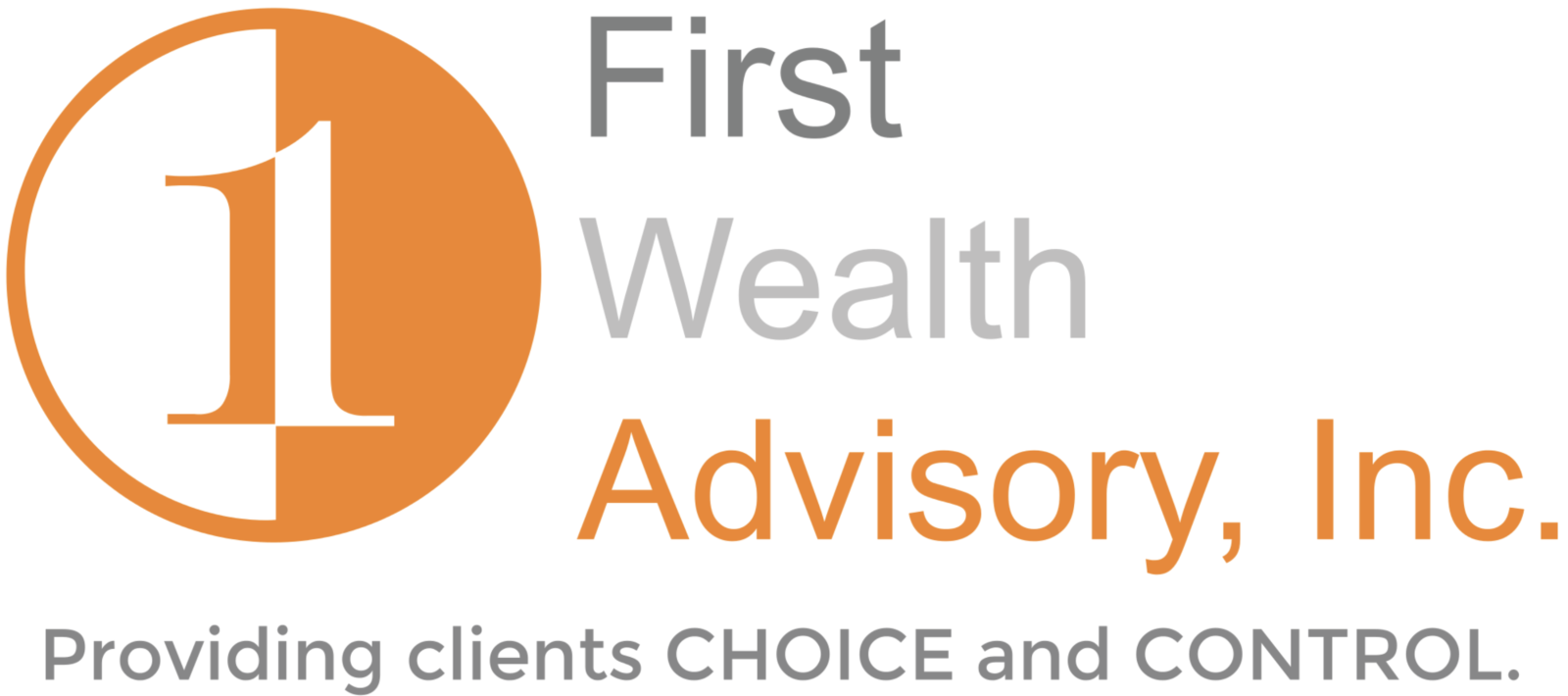Chris DeLarme | Sep 09 2025 15:00
The end of the year is fast approaching, making it the perfect moment to take control of your financial planning. We understand that financial to-dos can feel overwhelming, but there is immense empowerment in proactive decision-making. This article will help you identify four smart, actionable strategies to improve your financial well-being before December 31st.
Maximize Retirement Contributions
Take advantage of the 2025 contribution limits for retirement savings: 401(k)s allow contributions up to $23,500, with an extra $7,500 catch-up for those over 50. Meanwhile, traditional and Roth IRAs have a $7,000 limit, with a $1,000 catch-up for those over 50. Utilizing these opportunities not only reduces your taxable income this year but also helps build your future wealth.
Strategize Charitable Giving
Consider strategies such as donation bunching or leveraging a donor-advised fund. If you’re over the age of 70½, you can also use a Qualified Charitable Distribution (QCD) from an IRA. This method allows you to fulfill your required minimum distribution once you turn 73, providing a tax-efficient way to support your favorite charities.
Explore Roth IRA Conversions
A Roth IRA conversion might be beneficial if you're in a lower tax bracket this year. By converting some or all of your traditional IRA into a Roth, you can pay taxes now at a potentially lower rate. This strategy isn't suitable for everyone, so it's crucial to assess your individual circumstances annually.
Fund Your HSA
For 2025, HSA contribution limits are $4,300 for individuals and $8,550 for families. Utilize these limits to gain triple tax benefits: tax-deductible contributions, tax-free withdrawals for qualified medical expenses, and tax-free growth. HSAs serve as versatile tools for immediate medical costs and long-term savings.
Taking just a little time now to focus on these key financial moves can significantly impact your financial outcomes in the upcoming year. Remember, not all strategies fit everyone, so it’s wise to consult with a financial professional or a certified public accountant (CPA). Don’t hesitate to evaluate your options or schedule a financial check-in to ensure you're on track.
